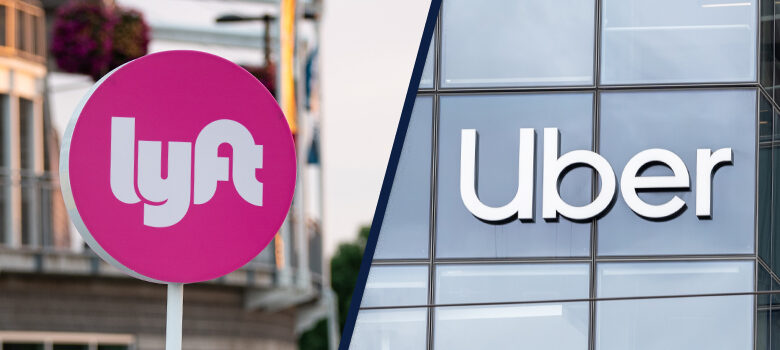
Massachusetts rideshare drivers can breathe a sigh of relief. A lawsuit filed by the state Attorney General’s office against Uber and Lyft has been settled, resulting in significant improvements to their working conditions.
-
Minimum Wage and Benefits: Effective August 15th, 2024, drivers will earn a minimum wage of $32.50 per hour, with annual adjustments for inflation. This is a major gain, offering financial security and stability. Additionally, drivers will now be eligible for benefits typically associated with employee status, including:
- Up to 40 hours of paid sick leave per year
- Healthcare stipends
- Coverage for work-related injuries
- The ability to participate in the state’s family and medical leave program
-
Compensation for Past Underpayment: A combined $175 million will be paid by Uber and Lyft, with the majority distributed to current and former drivers who were previously underpaid. The Attorney General’s office will soon release details on eligibility and how to claim this payout.
-
Independent Contractor Status: While the lawsuit initially sought to classify drivers as employees, the settlement acknowledges their independent contractor status.
-
Enforcement and Accountability: To ensure compliance, Uber and Lyft are required to conduct annual audits and submit reports to the Attorney General’s office. Violations of the agreement could result in restitution, fines, and penalties.
This settlement has the potential to be a game-changer for the gig economy. Unlike California, where rideshare companies successfully lobbied for an exemption from classifying gig workers as employees, Massachusetts has taken a different approach, prioritizing worker protections.
Furthermore, Uber and Lyft’s agreement to stop supporting similar ballot initiatives aimed at weakening worker protections suggests a potential shift in the national conversation.
The Massachusetts settlement paves the way for improved working conditions for rideshare drivers and could influence gig economy regulations across the country. This agreement highlights a growing movement to ensure that gig workers receive fair treatment and compensation.












